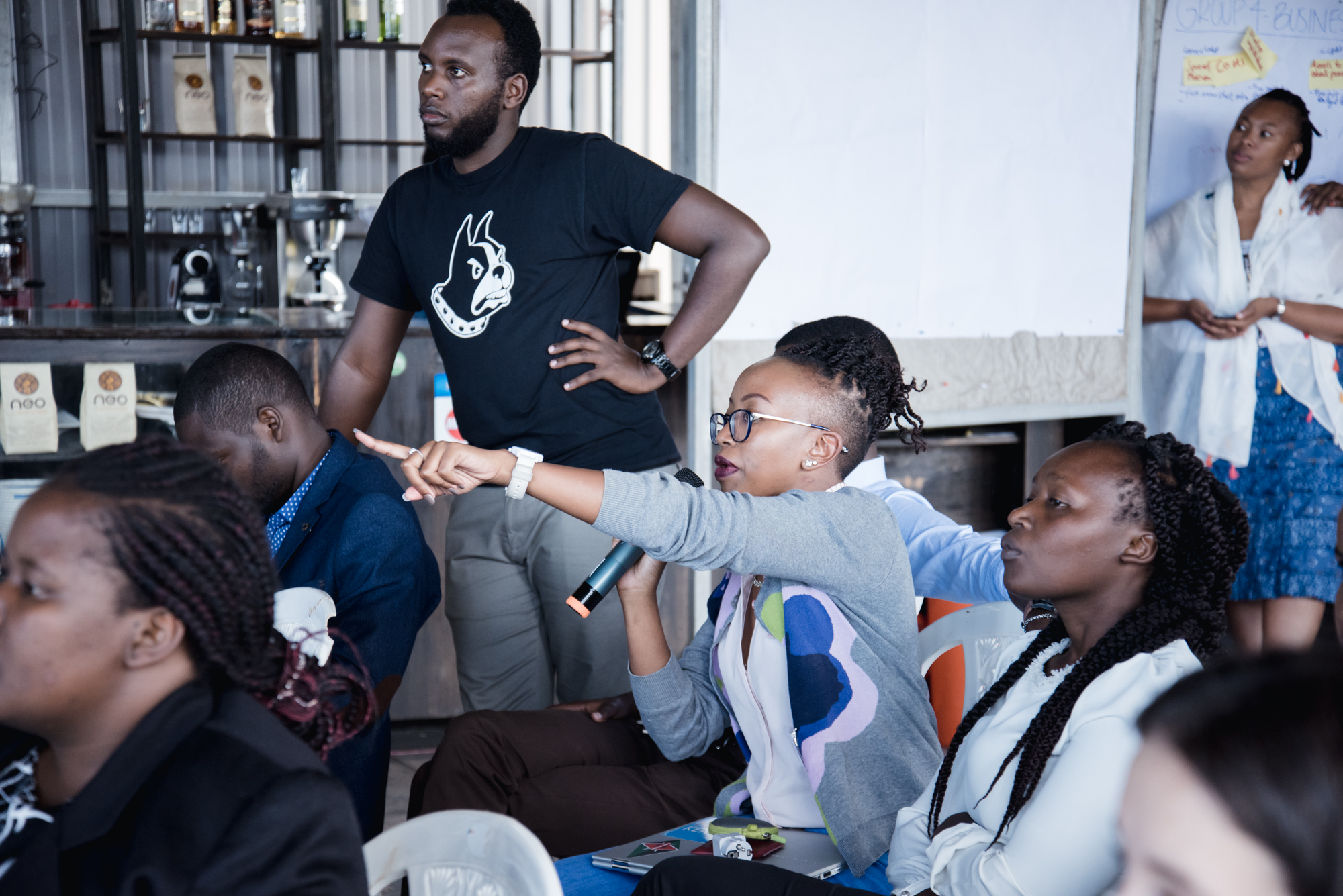Get involved
Help us improve this toolkit by sharing your thoughts, improvements, ideas and suggestions.
Feel free to add to this toolkit by sending us useful case studies, references and/or other materials.
Can’t wait? Subscribe here to download the entire toolkit immediately.




